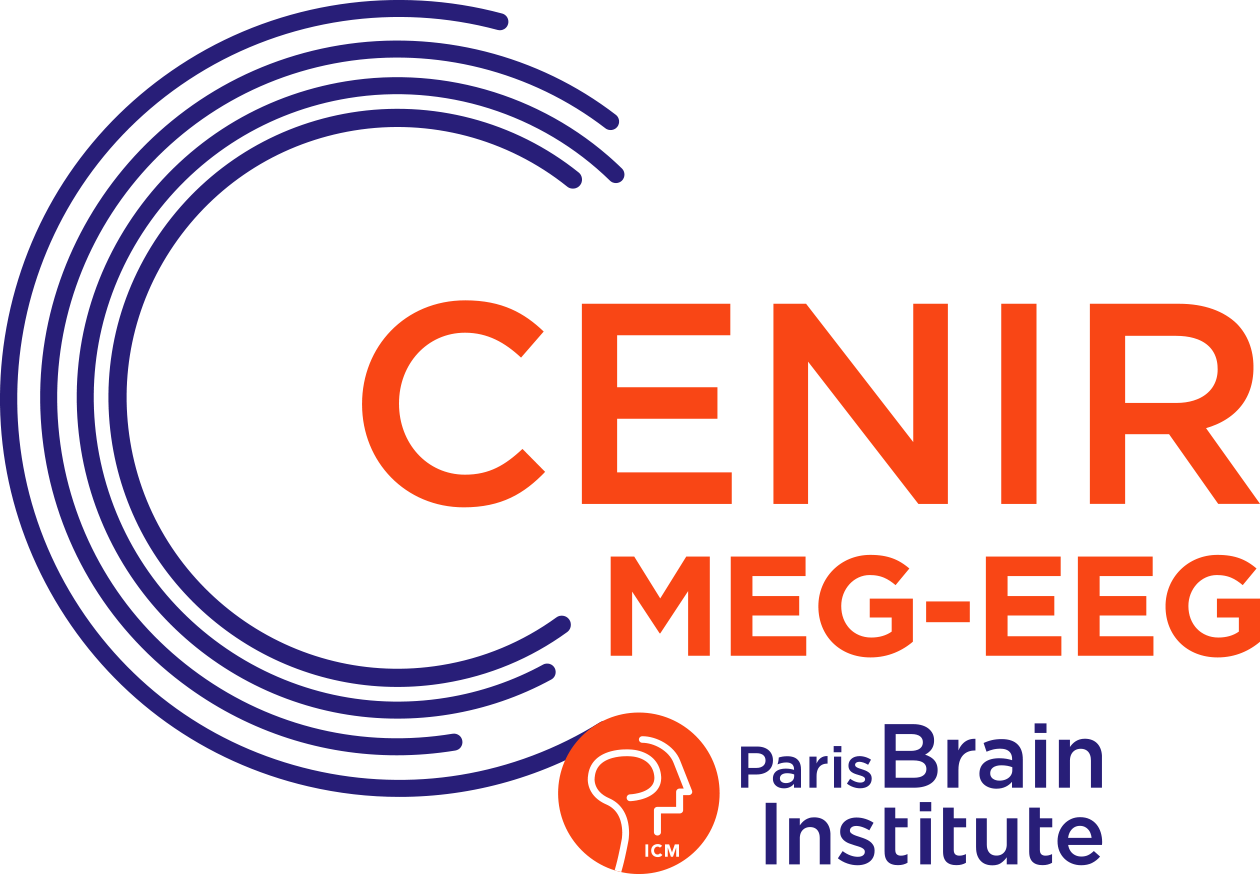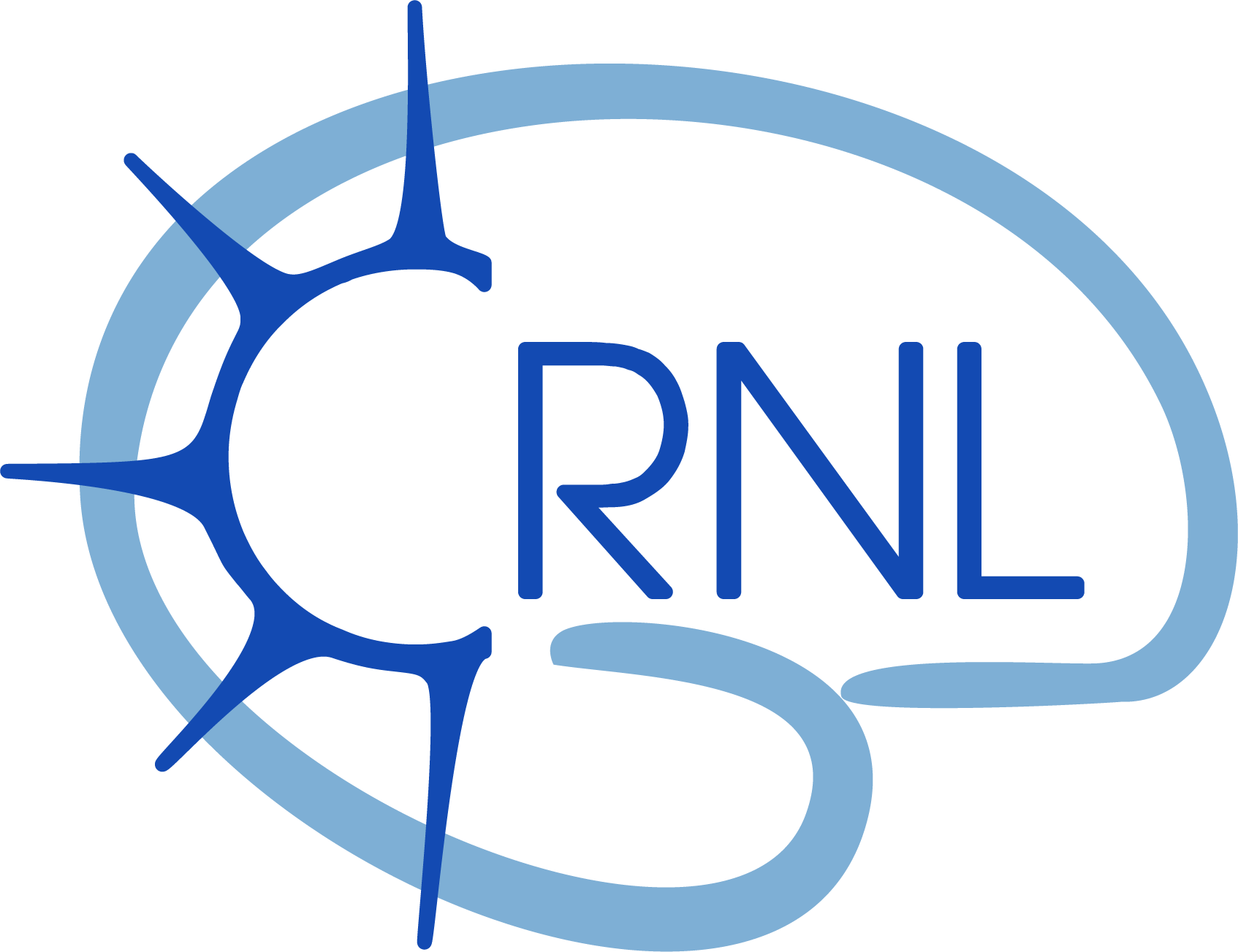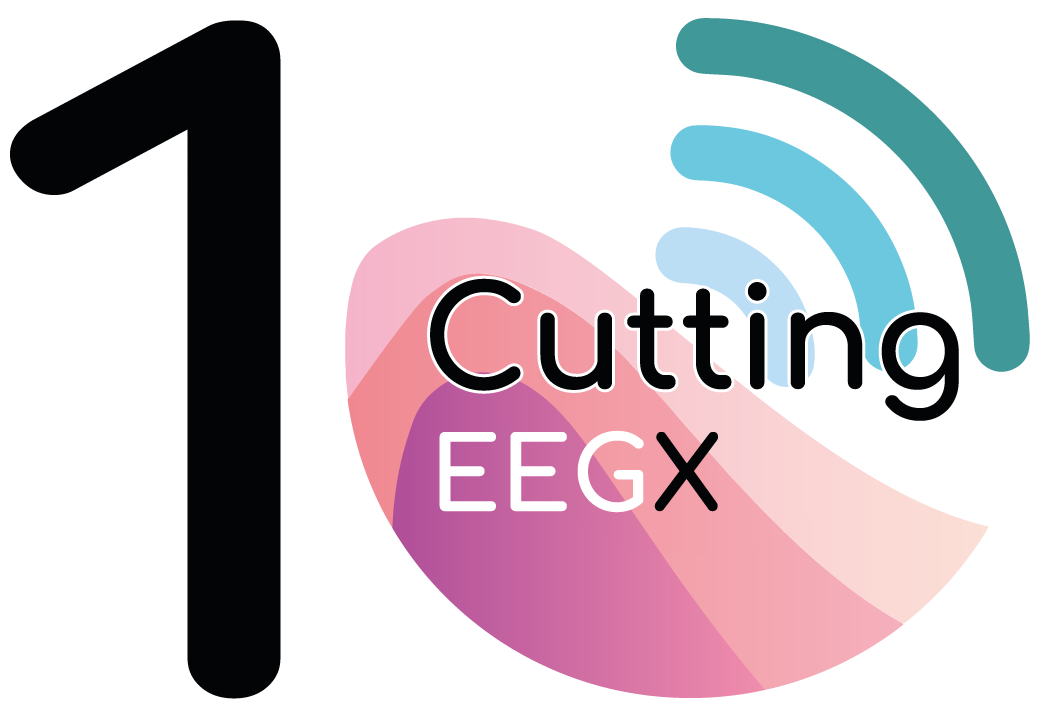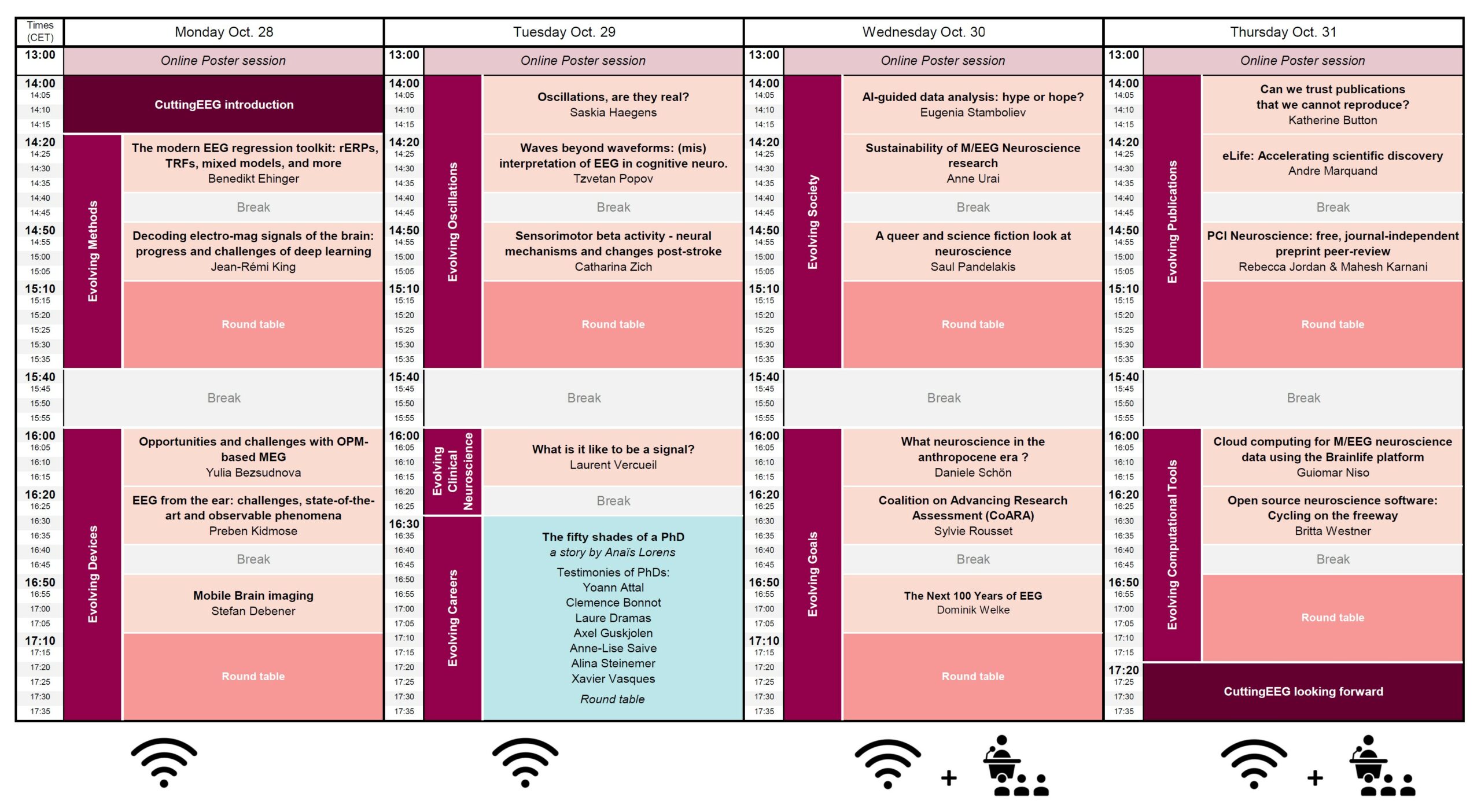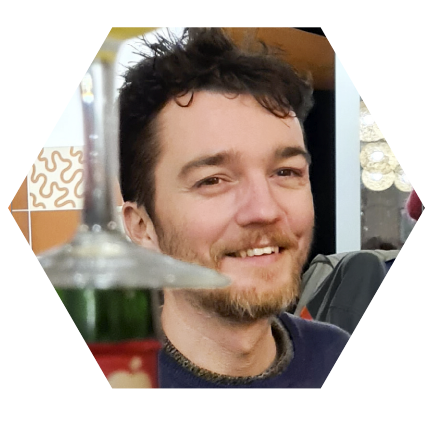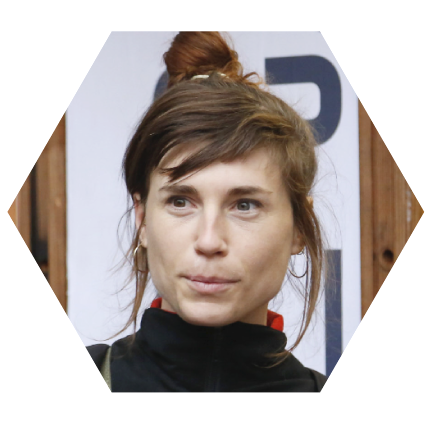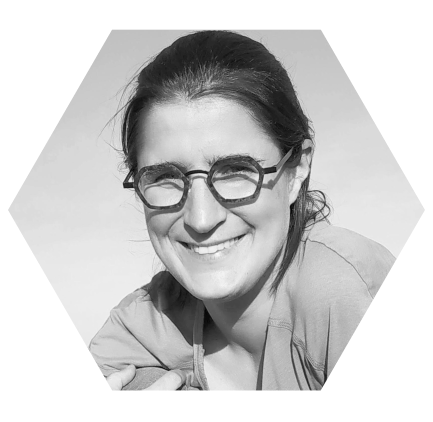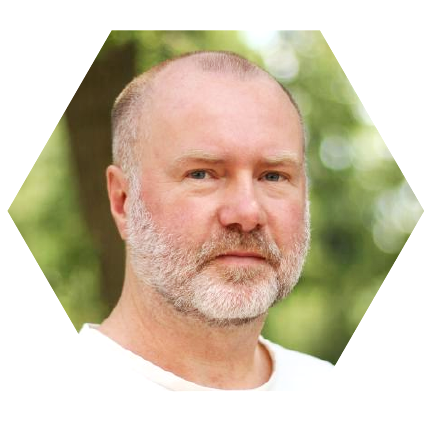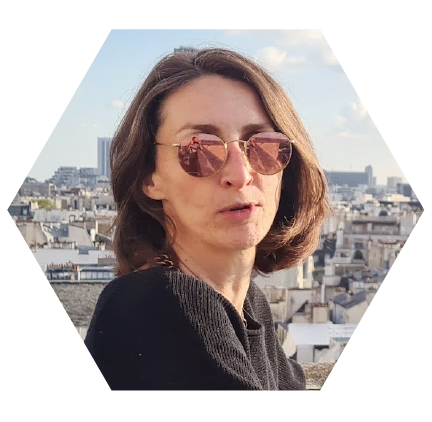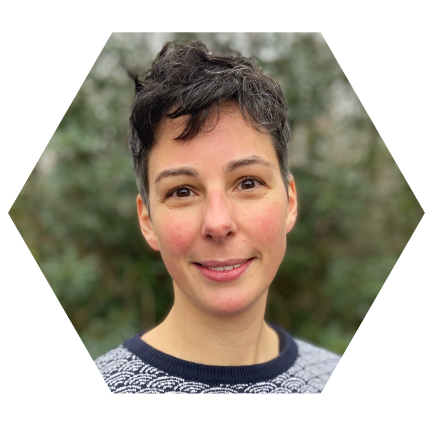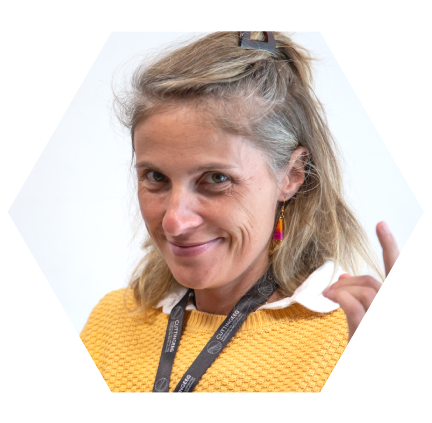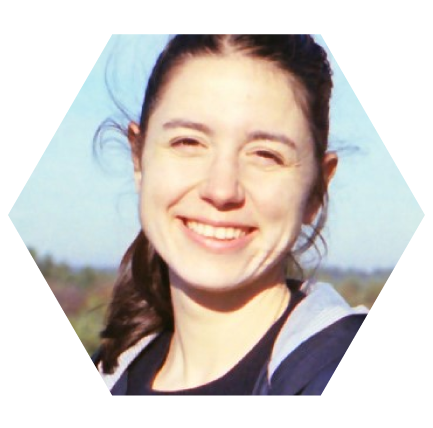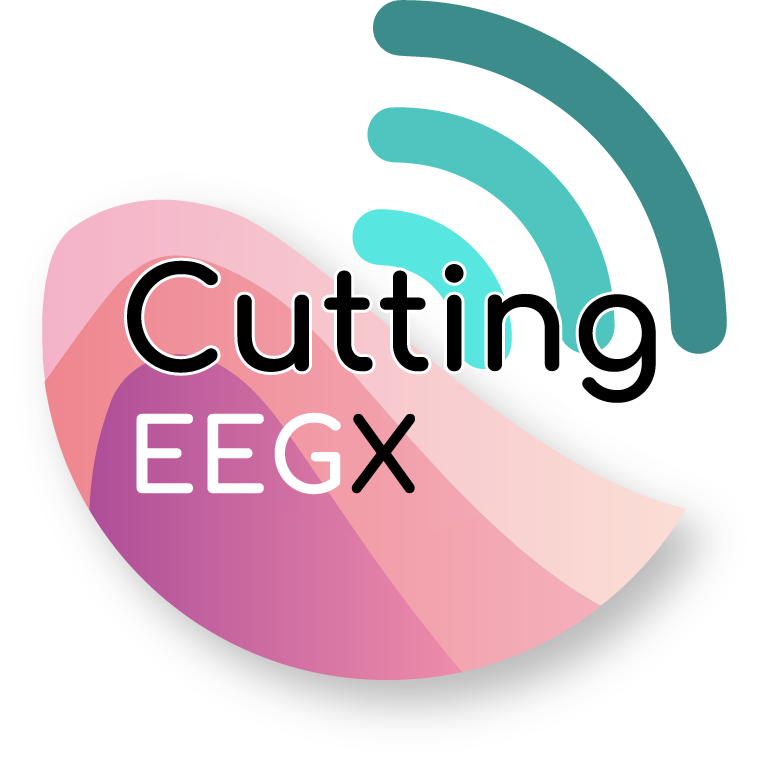
Oct 28-31, 2024
The international conference on
R/Evolutions in MEEG research practices
About
CuttingEEG is turning 10 years old! This milestone calls for a special edition, looking back at the EEG and MEG fields of the past 10 years and looking ahead at the next 10 years and beyond!
When? October 28th – October 31st, 2024
Where? This will be primarily an online event, much like LiveMEEG 2020, with broadcasted conferences and poster session on a virtual platform. However, if you’d prefer an in-person experience, the last two days (October 30-31) will be broadcasted live from the Donders Institute auditorium in Nijmegen with limited seating (around 100 seats). Learn more about it.
What? This edition is inviting the CuttingEEG community to take a step back and reflect on the role of M/EEG in cognitive and clinical neuroscience as well as in society at large. Our own critical view on recent and foreseeable developments and evolutions, our role as scientists in this field, with ethical, societal, and environmental considerations.
Sessions
R/Evolutions in M/EEG research practices
Evolving methods
Exploring selected trends of the past 10 years, from machine learning to computational models and more…
Evolving devices
Examining ongoing and upcoming technological advances: Mobile Imaging with MEG and EEG among others.
Evolving oscillations
Discussing current controversies on the reality of oscillations as measured with M/EEG.
Evolving goals
Investigating the incentives and long-term goals of scientific research.
Evolving society
Considering the causes and consequences of neuroscience research.
Evolving neuroscience
Causes and Consequences beyond electrophysiological observation
Evolving computational tools
Highlighting developments in big data handling and cloud computing.
Evolving publications
Analyzing changing article types, publication models, and research practices.
TimeTable
Program
Monday 28 October
14:00 (Paris) / 9:00 (NYC)
CuttingEEGX Introduction, 10 years of Cutting-edge EEG and MEG!
Time
Title
More..
Evolving Methods
Exploring selected trends of the past 10 years, from statistical to machine learning approaches
14:20 (Paris) / 9:20 (NYC)
The modern EEG regression toolkit: rERPs, TRFs, mixed models, and more
Benedikt Ehinger
For more than 70 years, evoked potentials have been calculated by averaging event-locked trials. Much more recently, regression-based analyses are gaining traction, which can be seen as a generalization of this averaging procedure. They offer quite flexible new features – to provide some examples – they allow using continuous predictors (noise-level, stimulus-size, saccade-amplitude), fit non-linear effects, disentangle events with overlap-correction, model subject- (and item-) effects, and even allow for modelling with time-continuous streams for example audio-envelopes. Here, I will try to provide an intuition and an overview of these developments, as starting points for your own adventures.
14:40 (Paris) / 9:40 (NYC)
Break
14:50 (Paris) / 9:50 (NYC)
Decoding the electro-magnetic signals of the brain: the progress and challenges of deep learning
Jean-Rémi King
Deep learning has made major progress in natural language processing. Beyond these technical performance, these algorithms offer new models to understand how language is represented and processed in the human brain. Using a variety of encoding (representation -> brain) and decoding techniques (brain -> representations), we show that the comparison between modern speech and language models effectively accounts for brain responses to natural speech as recorded with MEG and EEG, as well as fMRI and iEEG. This systematic comparison provides an operational foundation to decode language and semantics from brain responses to speech listening, images, reading and typing. Overall, these findings underscore the potential of integrating AI and neuroscience to unify cognitive tasks within a common computational framework.
15:10 (Paris) / 10:10 (NYC)
Round Table
Evolving Devices
Examining ongoing and upcoming technological advances: Mobile Imaging with MEG and EEG among others.
16:00 (Paris) / 11:00 (NYC)
Opportunities and challenges with OPM-based MEG
Yulia Bezsudnova
Portable and compact optically-pumped magnetometers (OPMs) offer new research possibilities not achievable with a conventional machine for magnetoencephalography (SQUID MEG). The most compelling advantage of OPMs is that they can be placed directly on the head. This improves the accuracy and resolution of brain signal measurements, offering deeper insights into the brain. While OPM-MEG systems are already commercially available, they have yet to reach their full potential.
The technical challenge lies in reducing the noise of the individual sensor, and compensating for the influences of external magnetic field on the gain of the sensor. Another challenge of the OPM sensors design lies in improving their dynamic range. The OPM-MEG system as an array of sensors is facing similar challenges and questions that were addressed during the development of SQUID MEG. These include the optimal placement and quantity of sensors, as well as the creation of novel processing methods tailored to the specific characteristics of OPMs.
16:20 (Paris) / 11:20 (NYC)
EEG from the ear: challenges, state-of-the-art and observable phenomena
Preben Kidmose
Ear-EEG is an innovative method for recording EEG signals using electrodes placed in or around the ear. Ear-EEG facilitates recording of EEG with wearable devices that are discreet, user-friendly, and seamlessly integrate into everyday life. In this presentation, I will introduce the concept of ear-EEG, highlight recent advancements and the current state-of-the-art in the field, and address key limitations and challenges. I will then present examples from studies where ear-EEG has demonstrated promising results, showcasing its potential in both research and practical applications.
16:40 (Paris) / 11:40 (NYC)
Break
16:50 (Paris) / 11:50 (NYC)
Mobile Brain imaging
Stefan Debener
Mobile EEG promises to transform the study of brain activity outside of traditional laboratory settings, but is this already happening? I will present my view of the current state of mobile EEG technology and highlight the future developments needed to achieve our goal of studying natural brain-behaviour relationships in natural environments.
17:10 (Paris) / 12:10 (NYC)
Round Table
Tuesday 29 October
Time
Title
More..
14:00 (Paris) / 9:00 (NYC)
Oscillations, are they real?
Saskia Haegens
14:20 (Paris) / 9:20 (NYC)
Waves beyond waveforms: (mis)interpretation of EEG in cognitive neuroscience
Tzvetan Popov
An axiomatic view in contemporary neuroscience is that, under well-controlled experimental conditions, event-induced potentials and oscillations vary with task-specific cognitive demands and reflect the neural support of the cognitive operation performed.
A complementary view is discussed based on the premise that brain rhythms evolved to control the movement of the brain’s sensors and to register the consequences of this movement. This control of behavior is a species-independent necessity and a key survival requirement for all organisms equipped with and relying on the ability to explore the environment. Consequently, brain rhythms appear correlated with the cognitive task at hand, while they evolved primarily to support action. A series of results will be discussed that challenge the prevailing premise and support the conclusion that EEG components derived from electrophysiology appear to “underpin” cognition when they primarily reflect the potentiality and manifestation of oculomotor action, a requirement in all experimental examinations of human cognition. Waves, beyond mere waveforms, enable collective behavior across various organizational scales, ranging from neurons to animal societies.
14:40 (Paris) / 9:40 (NYC)
Break
14:50 (Paris) / 9:50 (NYC)
Sensorimotor beta activity - neural mechanisms and changes post-stroke
Catharina Zich
Stroke is a leading cause of complex adult disability, but currently, we do not know when and how to drive recovery optimally. To address this, we relate clinical measures to brain function and brain structure in the acute stage post-stroke. We found that brain structure relates to initial impairment, while brain function (sensorimotor β activity) predicts subsequent recovery.
To further understand the role of sensorimotor beta activity, we dissected transient beta burst events in high signal-to-noise MEG data from healthy individuals. We quantified the temporal, spectral, and spatial domain of sensorimotor beta bursts and found that they occur in planar spatiotemporal wave-like patterns. The propagation of the waves is along two axes, parallel or perpendicular to the central sulcus, which are characterised by distinct anatomical and physiological features.
15:10 (Paris) / 10:10 (NYC)
Round Table
16:00 (Paris) / 11:00 (NYC)
What is it like to be a spike?
Laurent Vercueil
16:20 (Paris) / 11:40 (NYC)
Break
16:30 (Paris) / 11:30 (NYC)
The fifty shades of a PhD - a story by Anaïs Llorens
Testimonies of PhDs
Where to settle with a PhD in basic Science? This session will feature PhDs who explored different career path out of the academic system. What are they doing now? How do they consider their experience as researchers in retrospect?
Wednesday 30 October
Time
Title
More..
14:00 (Paris) / 9:00 (NYC)
The Value of Inclusive AI Literacy for Public Sciences
Eugenia Stamboliev
14:20 (Paris) / 9:20 (NYC)
Climate crisis and ecological emergency: why they concern (neuro)scientists, and what we can do
Anne Urai
Our planet is experiencing severe and accelerating climate and ecological breakdown caused by human activity. As professional scientists, we are better placed than most to understand the data that evidence this fact. However, like most other people, we ignore this inconvenient truth and lead our daily lives, at home and at work, as if these facts weren’t true. In particular, we overlook that our own neuroscientific research practices, from our laboratory experiments to our often global travel, help drive climate change and ecosystem damage. We also hold privileged positions of authority in our societies but rarely speak out. Here, I argue that to help society create a survivable future, we neuroscientists can and must play our part. I will outline what the climate and ecological emergencies mean for us as neuroscientists. We highlight the psychological mechanisms that block us from taking action, and then outline what practical steps we can take to overcome these blocks and work towards sustainability. In particular, I will review environmental issues in neuroscience research, scientific computing, and conferences. I also highlight the key advocacy roles we can all play in our institutions and in society more broadly. The need for sustainable change has never been more urgent, and we call on all (neuro)scientists to act with the utmost urgency.
14:40 (Paris) / 9:40 (NYC)
Break
14:50 (Paris) / 9:50 (NYC)
A queer and science fiction look at neuroscience
Saul Pandelakis
This conference is not led by a neuroscientist. Instead, you are getting a design researcher and sci-fi author obsessed with queer design, research, sexually active robots and human-machine relationships. So what can a queered design perspective offer to you, esteemed brain experts? Perhaps a fresh lens, some thought-provoking questions, and an invitation to explore some overlooked areas. Spoiler alert: this is not a plea for inclusivity. Unless..
15:10 (Paris) / 10:10 (NYC)
Round Table
16:00 (Paris) / 11:00 (NYC)
What neuroscience in the anthropocene era?
Daniele Schön, Julien Lefèvre, Manuel Mercier
The Unitae project ‘What Neuroscience In The Anthropocene Era’ is part of a reflexive approach on our community, inspired by philosophical, historical and sociological perspectives. As well as revealing the material dependencies of our community, which are well characterised by carbon footprints, the core of our proposal concerns: 1) identifying the values and attachments that structure neuroscience, 2) debating scientific and technical issues in the context of an ecological crisis, and 3) the desirable futures for our community.
16:20 (Paris) / 11:20 (NYC)
Coalition on Advancing Research Assessment (CoARA)
Sylvie Rousset
In the current research assessment systems worldwide, we see a range of anomalies and conflicts between tenure and promotion criteria and innovative, high-quality research that manifests itself in a diversity of activities and formats. Drawing upon the initiatives such as DORA or the Leiden Manifesto, the Coalition of Reforming Research Assessment (CoARA, https://coara.eu/) sets forth a common path for the reform of research evaluation while upholding organisational autonomy, across Europe and on a global scale. Started in December 2022, CoARA brings together nearly 700 (and growing) research performing organisations, research funders, policy actors and research infrastructures from over 40 countries who join forces to implement the timely reform of research assessment across Europe and beyond. CoARA’s vision is to enable a systemic reform of assessment of research, researchers and research organisations that recognises the diverse outputs, practices and activities that maximise the quality and impact of research.
Signatories of the CoARA Agreement are committed to effecting systemic transformation grounded in 10 shared principles set out in the ‘Agreement on Reforming Research Assessment’ and within an agreed timeframe. Additionally, signatories commit to fostering the exchange of information and mutual learning.
The brief presentation provides an overview of activities and milestones achieved during the first year of CoARA and outlines a diversity of pathways through which interested parties could engage with CoARA.
16:40 (Paris) / 11:40 (NYC)
Break
16:50 (Paris) / 11:50 (NYC)
The Next 100 Years of EEG
Dominik Welke
On July 6th, 1924, Hans Berger recorded the first-ever electroencephalogram from a human (a 17-year-old boy undergoing neurosurgical operation). On the centenary of this discovery, we brought together a meta-consortium representing several major international EEG programmes. Together, we developed and distributed a survey asking experts to reflect on the impact that EEG has had on our understanding of the brain and behaviour, and on the future of EEG in science and society. More than 500 experts, with 6,685 years of collective EEG experience, shared their thoughts, concerns, priorities and predictions (Mushtaq, Welke et al., 2024). Building on this momentum, we started developing a deontological framework for EEG research to support sustainable progress and realizing EEG’s full potential for science and society. We call for collective action focusing on validity, democratization, and responsibility. The draft of the manifesto will be shared and presented in this talk. We welcome your contributions and critique and invite you to support the implementation of the proposed actions in your working practice.
17:10 (Paris) / 12:10 (NYC)
Round Table
Thursday 31 October
Time
Title
More..
14:00 (Paris) / 9:00 (NYC)
Can we trust publications that we cannot reproduce?
Katherine Button
14:20 (Paris) / 9:20 (NYC)
eLife: Accelerating scientific discovery
Andre Marquand
Scientific publishing is a crucial part of the research process yet it faces persistent challenges. This talk from eLife Senior Editor André Marquand will introduce the innovative eLife publishing model, launched in January 2023, which aims to address some of the current drawbacks of scientific publishing. He will explore how the eLife Model puts preprints first and emphasises public reviews and assessments of research. This system makes sharing of research faster and fairer, while still providing robust peer review and quality assessment.
14:40 (Paris) / 9:40 (NYC)
Break
14:50 (Paris) / 9:50 (NYC)
PCI Neuroscience: free, journal-independent preprint peer-review
Rebecca Jordan & Mahesh Karnani
Incentives to have work peer-reviewed by traditional journals are often problematic for a globally inclusive research community. The process of years-long delays in sharing results, on ultimately paywalled venues, builds walls within research communities that could achieve much more through rapid, limitless sharing. We present an operational solution to the peer-review component, Peer Community In Neuroscience [https://neuro.peercommunityin.org/] which is a community of active researchers peer-reviewing and acting as editors to recommend publicly accessible preprints. The resulting journal-independent, refereed, and recommended preprints can be submitted to journals along with the review reports. In this talk, we will discuss the Peer Community In project and why we should use this transformative dissemination tool.
15:10 (Paris) / 10:10 (NYC)
Round Table
16:00 (Paris) / 11:00 (NYC)
Cloud computing for M/EEG neuroscience data using the Brainlife platform
Guiomar Niso
16:20 (Paris) / 11:20 (NYC)
Open source neuroscience software: Cycling on the freeway
Britta Westner
Most scientists need software to perform their a, and neuroscientists are no exception. Whether we work with reaction times, electrophysiological signals, or magnetic resonance imaging data, we rely on software to acquire, analyze, and statistically evaluate the raw data we obtain — or to generate such data if we work with simulations. In recent years there has been a shift toward relying on free, open-source scientific software (FOSSS) for neuroscience data analysis, in line with the broader open science movement in academia and wider industry trends. Importantly, FOSSS is typically developed by working scientists (not professional software developers), which sets up a precarious situation given the nature of the typical academic workplace wherein academics, especially in their early careers, are on short and fixed term contracts. In this talk, I will argue that the existing ecosystem of neuroscientific open-source software is brittle, and discuss why and how the neuroscience community needs to come together to ensure a healthy software ecosystem to the benefit of all.
16:40 (Paris) / 11:40 (NYC)
Break
16:50 (Paris) / 11:50 (NYC)
Round Table
17:20 (Paris) / 12:20 (NYC)
CuttingEEG looking forward
Organizing team
Thanks to

